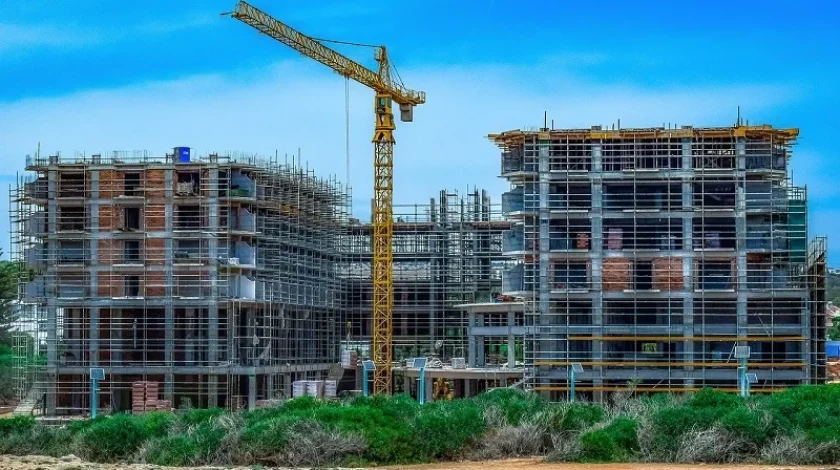This morning, the NSW Government made further announcements confirming construction works to resume in some capacity in Greater Sydney from Saturday, 31 July 2021.
What construction work can recommence?
It was announced that construction works could restart from Saturday, 31 July 2021 under a new ‘contactless tradies system’, which requires the following conditions to be met for construction works to recommence:
- the site for the construction works is non-occupied. For smaller projects (i.e. renovations), you are to ensure there is no contact with the households and you should request the residents to vacate the premises or the areas of works to avoid any contact.
- the site for the construction works is located outside of the eight (8) local government areas (LGA) labelled high-risk (namely, outside of Parramatta, Georges River, Campbelltown, Fairfield, Canterbury-Bankstown, Liverpool, Cumberland and Blacktown LGA).
- you do not exceed the cap on the number of tradespeople allowed on site, which is
- no more than two (2) trades are allowed to perform internal works; and
- no more than five (5) trades for external works.
- Subject to the completion of a COVID-19 Safety Plan. Works cannot recommence until you have completed this document and a printed copy is available at all times for inspection on site.
If contactless arrangements are not possible, then it is suggested that works cannot go ahead.
Subject to the above, Construction workers may return to site from tomorrow, but only, to engage in “preparation work” (i.e. getting up machinery, maintenance done, preparing the COVID-19 safety plan) to commence on Saturday, 31 July 2021.
What happens if the site or your employee is within the eight LGAs?
All non-urgent construction activity is not to occur within the eight (8) LGAs.
Construction workers living within the eight (8) LGAs are not allowed to leave their homes for work.
What can construction works can be undertaken within the 8 LGAs?
The previous Order regarding urgent works still appears to apply until 31 July 2021, and applied applies after 31 July 2021 for sites within the eight (8) LGAs, these works may include works:
- to ensure the safety or security of the construction site,
- to deal with environmental risks,
- to maintain and ensure the integrity of critical plant, equipment or assets, including partially completed works, that would otherwise deteriorate,
- to receive deliveries of supplies that would otherwise deteriorate,
- to maintain public utilities,
- to ensure the safe operation of existing transport infrastructure,
- by or on behalf of NSW Health in response to the COVID-19 pandemic,
- because of an emergency.
These restrictions are in place for four (4) weeks and currently schedule to end on 28 August 2021.
An updated Public Health Order on these restrictions is to be released shortly.
It remains a criminal offence to breach any of the NSW Government Order, with individuals facing up to six months imprisonment or an $11,000 fine for breach the Order, whilst companies may be fined $55,000 and $27,500 each day they remain in breach of such Orders.
Key Impacts
Please click here to access our previous article on the likely impact that will flow out of these restrictions and the urgent works that can continue within the eight (8) LGAs.
It is important that you carefully consider the impact of the current restrictions on your business and remember to take necessary actions (i.e. promptly seeking extension of time, communicating the likely impact with your stakeholders, and exercising extreme caution if electing to issue a suspension notice etc) and seek advice legal advice if there are any uncertainties. Please contact us immediately if you require any assistance with understanding how the announcements or current restrictions affects your contract or business and understand how to limit the risk of any claim flowing from this.














